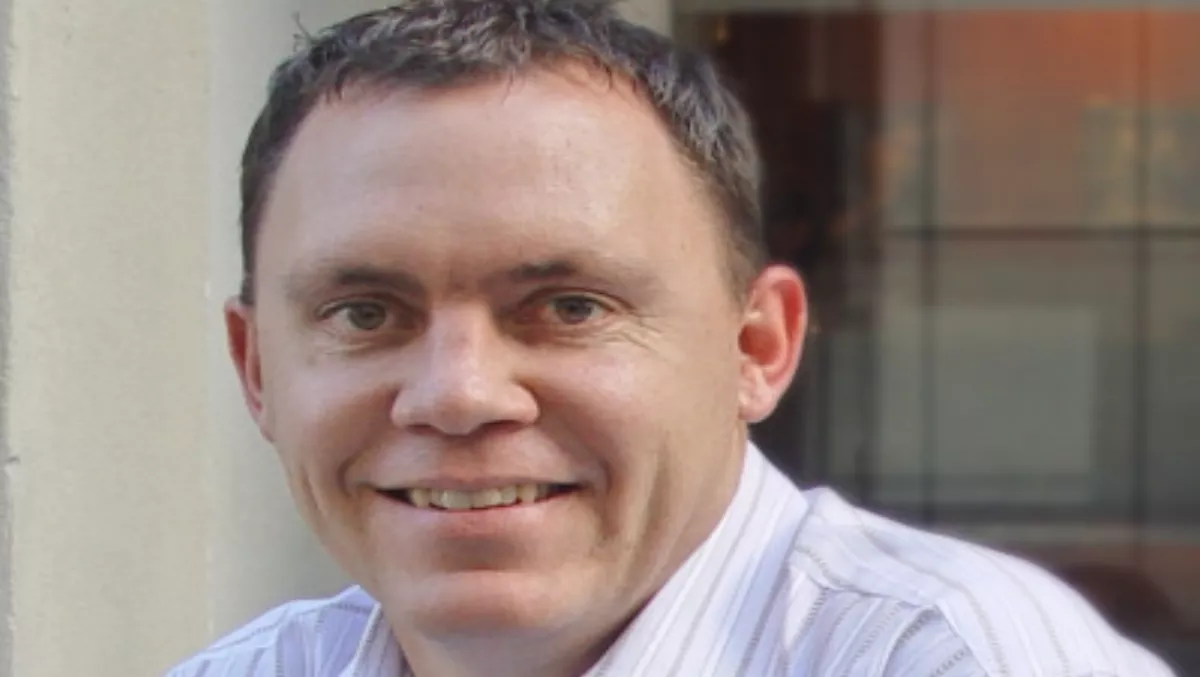
CallPlus - new CEO, new direction
CallPlus has a new CEO and is embarking on a new direction next month - unbundling six exchanges in Hamilton.
The new CEO is Mark Callander - he was previously General Manager of its consumer brand Slingshot and was widely tipped to take over the role from acting-CEO and company co-founder Malcolm Dick. One of Callander’s first tasks as CEO will be implementing the company’s first foray into local loop unbundling - that is putting its own equipment into Telecom’s exchanges.
Callander says they will begin with six of the eight exchanges in Hamilton in April, and follow that up with exchanges in Christchurch, Wellington and Tauranga. The telco will continue to buy wholesale services from Vodafone in Auckland and Telecom Wholesale in the rest of the country.
The company also has plans to build a nationwide WiMAX network, but Callander wasn’t able to release details. CallPlus already has a small WiMAX deployment in Whangarei (around 100 customers) using the older 16d standard. Callander says they intend the new WiMAX deployment to be the mobile 16e standard.
Meanwhile the company’s recent venture into providing mobile services as an MVNO on Vodafone’s network is gathering steam, helped along by its campaign to lure XT customers away from Telecom. Callander says it has around 5,000 customers to date, with a dramatic rise in interest in the past fortnight. Slingshot advertised that customers seeking to break their XT contracts could have recourse to the Consumers Guarantees Act and the Telecommunications Disputes Resolution Scheme (TDRS). The campaign raised the ire of TDRS chair David Russell who pointed out that CallPlus has deserted the scheme.
Callander says they left TDRS because it was costing the company in excess of $60,000 to resolve disputes and it considers the scheme is unfairly weighted in favour of the consumer.
But Telecommunications Carriers Forum CEO David Stone (whose organisation set up the TDRS) has cautioned telcos such as CallPlus that a voluntary scheme is less expensive than one imposed by the government. He points out that in Australia the government-run scheme handled 400,000 complaints last year, cost $34 million to run and employed 250 staff. The New Zealand scheme by comparison dealt with 1000 complaints, cost less than $1 million and employed no one, says Stone.

